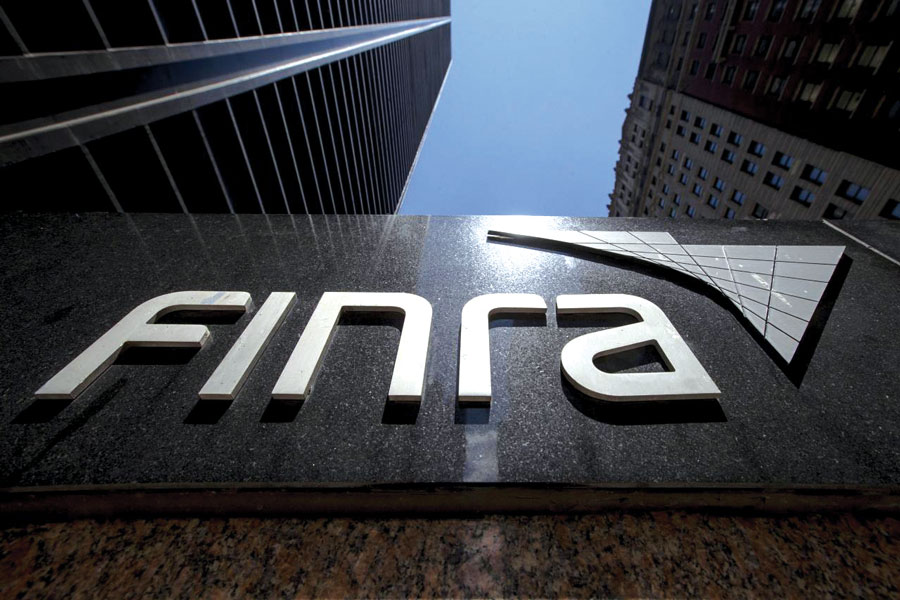Finra has extended the deadline on its initiative to identify problems with sales of high-fee 529 college savings accounts.
The Financial Industry Regulatory Authority Inc.
launched a program in January targeting the recommendations of certain share classes in such plans that may not be the best option based on a client's circumstances.
In a
set of frequently asked questions posted on the Finra website Wednesday, the regulator said it is extending the deadline to April 30 for firms to self-report if they do not have the appropriate supervisory procedures in place to oversee such sales. The firms would have to submit additional information by May 31. Originally, Finra gave its member firms until April 1 to report themselves, and May 3 to submit required information.
For firms that step forward, Finra said it
would not fine them for violations but would require restitution to investors.
The set of 18 questions covers queries Finra said it has been receiving from member firms as well as financial industry trade associations.
The regulator clarified that it was not asking firms to review all of their 529 sales to see if any were unsuitable for the clients who invested in them. Instead, it wants the firms to assess how they're monitoring such sales.
"If a firm reviews its supervisory systems and procedures and concludes that they were reasonably designed and implemented, that is the end of the assessment," the FAQs state. "There is nothing more to do. Finra is encouraging firms to undertake a qualitative review, not a quantitative analysis."
During examinations, Finra said it has found firms failing to keep records of 529 plan transactions, not obtaining information about the age of the beneficiary and how long until the funds are needed, and not training their registered representatives properly.
The program is voluntary and similar to a share-class initiative the Securities and Exchange Commission offered last year regarding
high-fee mutual fund share classes.
Finra said firms not turning themselves in won't receive harsher punishment for 529 supervision failures but would not be eligible for an automatic fine waiver.







